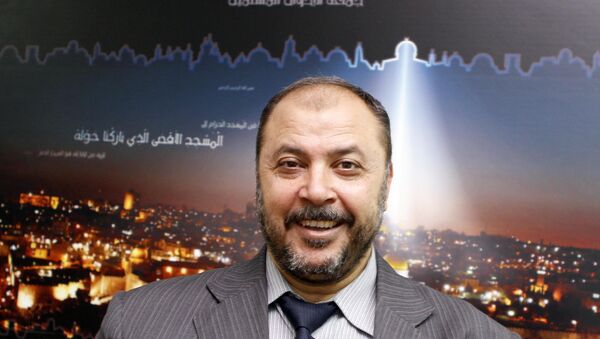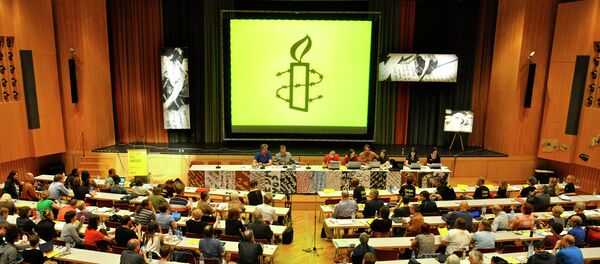In November 2014, Zaki Bani Irsheid criticized UAE authorities on his personal Facebook page for classifying the Muslim Brotherhood as a "terrorist organization," adding that the country acted as an "American policeman" in the region.
"Jordan should stop using its terrorism law to persecute its own citizens just because they criticize foreign leaders," the HRW website quotes Sarah Leah Whitson, Middle East and North Africa director, as saying.
Jordan: 18 Months for Criticizing UAE http://t.co/H07175No2i
— Human Rights Watch (@hrw) 19 февраля 2015
Zaki Bani Irsheid's actions were interpreted as an act of terrorism, according to Jordan's 2014 terrorism law, which was amended in 2014 to include a provision that criminalizes "disturbing [Jordan's] relations with a foreign state."
At the time, the Jordanian government explained that amendments were needed to protect the country amid increasing extremism in neighboring Syria.
Jordan was the second country in the Middle East, after Saudi Arabia, to pass new terrorism legislation in 2014 following the influx of Jordanian fighters returning from Syria.





